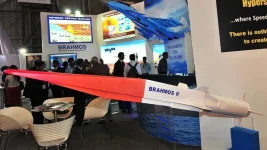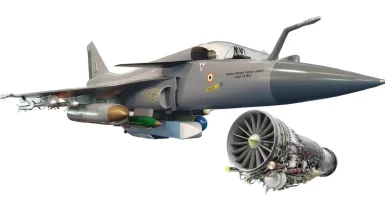National Security Advisory Board chairman Alok Joshi on Thursday emphasised the need for intelligence sharing among government agencies for better results and asserted that one of the challenges agencies face is breaking the silos in which they operate.
Joshi, who was addressing delegates at the ‘Police Technology Summit 2025’ at Rashtriya Raksha University in Gandhinagar, headed the Research and Analysis Wing (RAW) and the National Technical Research Organisation (NTRO), apex level agencies in the country’s intelligence mechanism, before helming NSAB.
“India stands at a pivotal moment where technology can revolutionize law enforcement. However, success of this revolution depends on collecting data and analysing it, sharing it swiftly within and across agencies and recalibrating systems through feedback, all the while placing the human factor at the heart of our efforts,” said Joshi in his address.
“One of the challenges that India is facing is breaking the silos without compromising on the principle of ‘need to know’. I think that is something which is central to our system and it will not go away,” Joshi said.
He emphasised that analysing and operationalising intelligence is equally important.
“So, my request to the police officers here is that if you are receiving information or sharing information, remember that there’s somebody who is a consumer of that information. What would you expect the consumer to do with that information? I think this is something that has to be ingrained in the system, both at the time of collection, and both at the time of dissemination” said Joshi.
He said no intelligence is complete without feedback, but it is equally difficult to get feedback on the input shared with other agencies.
“It is very difficult, but as a producer, it is your duty to chase it. Ensure that you get feedback or have a relationship with that organization where you have the trust and the confidence built in to give you that feedback,” he told the delegates.
Asserting that analysing and operationalising intelligence is equally important, Joshi said all officials must remember that someone is the consumer of the information they are receiving.
“What would you expect the consumer to do with that information? I think this is something that has to be ingrained in the system, both at the time of collection, and at the time of dissemination,” he said.
He said no intelligence is complete without feedback, but it is equally difficult to get feedback on the input shared with other agencies.
“It is very difficult, but as a producer, it is your duty to chase it. Ensure that you get feedback or have a relationship with that organization where you have the trust and the confidence built in to give you that feedback,” he added.
During his address, Joshi also said the government should share the development cost incurred by entrepreneurs building indigenous technologies.
“If you want to strengthen your indigenous effort, you have to pay the cost for it. The development cost has to be shared by the government. At NSAB, we have started taking a re-look at the procurement process, especially for policing and security agencies. It is necessary because you can’t have a no cost-no commitment principle. Working in this kind of environment, it will just not work. It will not encourage the industry” he stressed.




